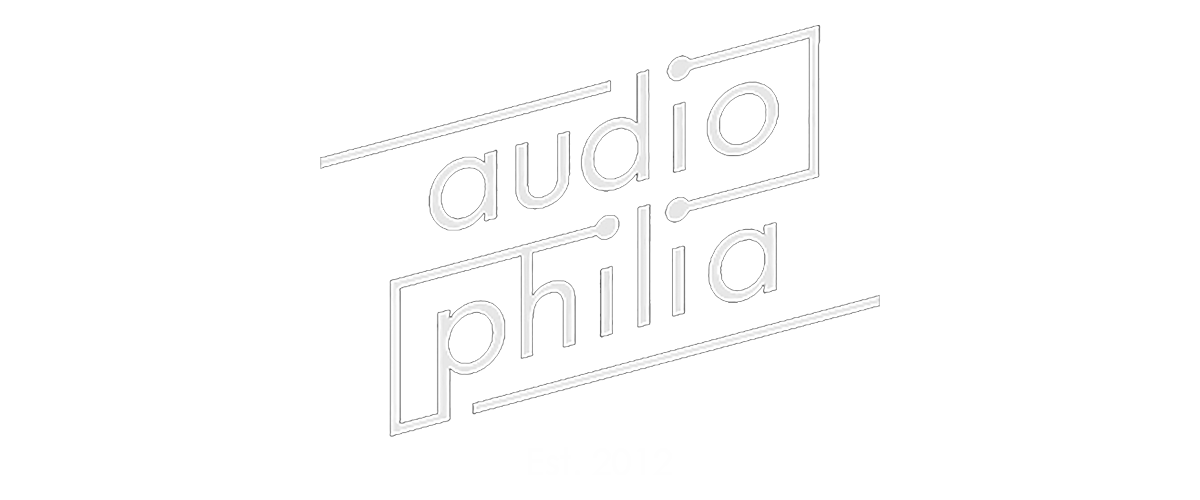MQA Audio Technology - A Revolution in Digital Audio?
“The most significant audio technology of my lifetime.”
What is MQA?
MQA, which stands for Master Quality Authenticated, is an award-winning new audio technology designed by the British company Meridian Audio to deliver the 'Master' quality sound of the recording studio directly to your hifi.
The idea of Master sound is nothing new - existing HRA (High-Resolution Audio) formats already offer music at higher-than-CD quality. So what makes MQA different?
MQA aims to both improve digital sound quality and dramatically reduce file size. The process "folds" a high-resolution audio track into a file slightly larger in size than that of a standard CD-quality file, making streaming or downloading over the internet quicker and more efficient, with no loss of quality. In addition, Meridian Audio claim even higher playback sound quality than that of standard hi-res files when the MQA file is "unfolded" by an MQA-compatible DAC.
MQA's smaller file size makes it possible to stream high-res audio through smartphones, tablets, laptops and, perhaps most excitingly, the ever-increasing range of hifi streamers and transports that deliver Cloud-based audio directly to your hifi.
Because MQA files are packaged in existing lossless file formats, such as WAV, FLAC or Apple Lossless, they can be played on any audio device capable of playing these formats (almost all are). Even played on devices without MQA decoding capabilities, they will produce CD-quality sound, or better. Played via an MQA-enabled DAC, the files are decoded into the full high-resolution studio master quality.
The MQA process also authenticates the file, applying a digital fingerprint to guarantee that it was sourced from the original master recording.
“The days of sacrificing quality for convenience are over.”
In Meridian's words:
"Conventional audio formats discard parts of the sound to keep file size down, but part of this lost detail is the subtle timing information that allows us to build a realistic 3D soundscape in our minds. Without it, music becomes flattened. And our ears know it isn’t real.
With MQA, we go all the way back to the original master recording and capture the missing timing detail. We then use advanced digital processing to deliver it in a form that’s small enough to download or stream."
"MQA keeps all this timing information, and folds it into a file that's only a little bigger than a CD. Played back on any existing system, it will sound better than CD. But on an MQA-capable system, the music will be unfolded, reproducing every element that's in the original recording."
This short video by Spencer Chrislu from Meridian Audio introduces the MQA technology, the science behind the process and what 'Authenticated' refers to:
In this next video Bob Stuart, founder of Meridian Audio, describes in more detail the "audio origami" process used by MQA to "fold" the high-resolution detail of a recording into a CD-quality-sized audio file:
How can I buy MQA files?
You can buy MQA audio files from streaming services such as 7 Digital, TIDAL, Onkyo Music, High Res Audio, and Kripton HQM Store, and record labels and artists such as 2L, Warner Music Group, Universal Music, Una Mas, RME Premium Recordings, David Alias, and Amy Duncan.
On Friday 17th March 2017 the first MQA recording on a CD, 'A. Piazzolla' by 'Strings and Oboe', was released by Japanese label Ottava.
How can I play MQA files?
MQA can be played on any audio device capable of playing lossless formats such as WAV, FLAC & Apple Lossless (almost all audio devices can). Even without a software or hardware decoder, the sound produced will be of at least CD quality.
There are several ways to decode the MQA file, involving software decoders, hardware renderers and hardware decoders:
DragonFly Red, MQA Blue
- Software, such as the desktop versions of TIDAL, Audirvana Plus 3 and, soon, Roon can perform the first 'unfold' of the MQA file, unpacking the file to a maximum of twice the base sample rate.
- Hardware 'renderers' can then complete the 'unfolding' of the file. Rendering must be done by hardware since it's custom matched to the DAC. AudioQuest's DragonFly DACs can be upgraded to an MQA renderer with this firmware update.
- Full decoding can also be achieved with hardware only, using an MQA compatible DAC such as those in the Pioneer XDP-100 and Onkyo DP-X1 digital audio players.
Where can I learn more about MQA?
Read in much more detail about MQA playback in the excellent MQA for Civilians article from The Computer Audiophile and the MQA Decoding Explained article from AudioStream. You can also stay up-to-date via the 'Bob Talks' blog from MQA creator Bob Stuart.
Why not learn more and experience MQA for yourselves right here at Audio-philia in Edinburgh?
“...MQA delivers this unprecedented sound quality at a bit rate of 0.8 - 1.3Mbs - less than that of CD. Everyone will have easy and convenient access to this level of source quality, not just audiophiles. That, in my view, is a game-changer for the music and audio industries. Moreover, MQA’s ability to remove distortions from existing digital masters is an unprecedented development in the history of audio.”
What do others in the industry think about MQA?
At the AXPONA show this year, Stereophile Magazine interviewed industry folk and non-industry showgoers about their thoughts on MQA...
Let us know your own listening experiences with MQA in the comments below...



